Let’s say you’re sitting at home, scrolling through your phone or working on your pc, when suddenly you realize something’s wrong. Your bank account shows strange transactions. Your email is full of spam. Or worse, your entire device locks up with a message asking for money to unlock your files.
This isn’t a movie—this is happening in real life every day. Cyber attacks are real, and they can hit anyone. Hackers are always on the lookout for ways to —
- steal your information,
- damage your devices,
- or mess with your online life.
But don’t panic! You can protect yourself.
In this blog, we’ll talk about why you need to care about cyber attacks and, more importantly, how you can stop them. It’s easier than you think, and we’ll show you exactly how to prevent cyber attacks.
Key Takeaways
|
Why You Should Be Aware of Cyber Attacks
Cyber attacks are not just a tech problem—they can affect anyone. Hackers are getting smarter every day. They look for weaknesses in systems to steal information, cause damage, and create chaos.
Let’s break it down so you can see why staying aware is so important.
What Can Hackers Do?
Steal Your Identity:
Hackers can get hold of your personal details like your name, address, or Social Security number. Once they have this, they can pretend to be you.
They might open credit cards, take loans, or even commit crimes in your name. Fixing this can take months or years.
Empty Your Bank Account:
Hackers can access your banking details if you’re not careful. They might transfer your money or make unauthorized purchases. Recovering your money isn’t always guaranteed.
Break Your Devices:
Viruses, malware, and ransomware can damage your devices. They can make your computer or phone slow, lock you out, or completely ruin your files. Fixing this might cost you a lot of money.
Sell Your Information:
Hackers often sell your stolen data on the dark web. Your details could be used by multiple criminals worldwide.
The Bigger Picture
Cybercrime isn’t just an individual problem. It’s a global issue. By 2025, experts estimate that cybercrime will cost the world around $10.5 trillion every year. That’s more than the entire economy of most countries!
Businesses lose millions due to data breaches. Hospitals face ransomware attacks that delay critical care. Even schools, charities, and local governments are targets.
15 Ways of How to Prevent Cyber Attacks
So, what is the best cybersecurity prevention?
Let’s talk about the best ways to protect yourself from cyber-attacks.
We’ll break down cyber attack prevention methods step by step.
1. Secure Your Home Network
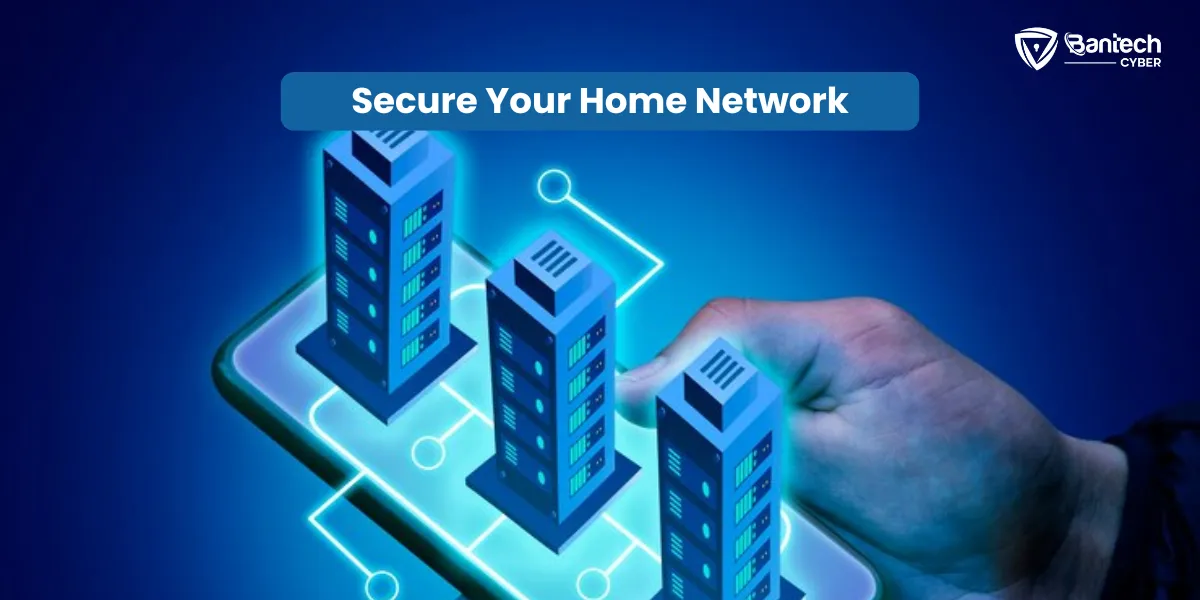
Your home network is the gateway to all your devices. If hackers get in, they can access everything.
Here’s what you can do to secure it:
- Change Default Passwords: Routers often come with default passwords like “admin.” Change them to something strong and unique.
- Enable Encryption: Make sure your Wi-Fi has WPA3 encryption. This will make it harder for attackers to intercept your data.
- Use a VPN (Virtual Private Network): A VPN encrypts your internet connection. This makes it safer to browse the web.
- Update Router Firmware: Keep your router’s software up to date to fix security flaws.
Example: Imagine your Wi-Fi password is “password123.” It’s easy for hackers to guess! But if you change it to something like “7Xh2@9Trz,” it becomes much harder for them to break in.
2. Protect Your Personal Information
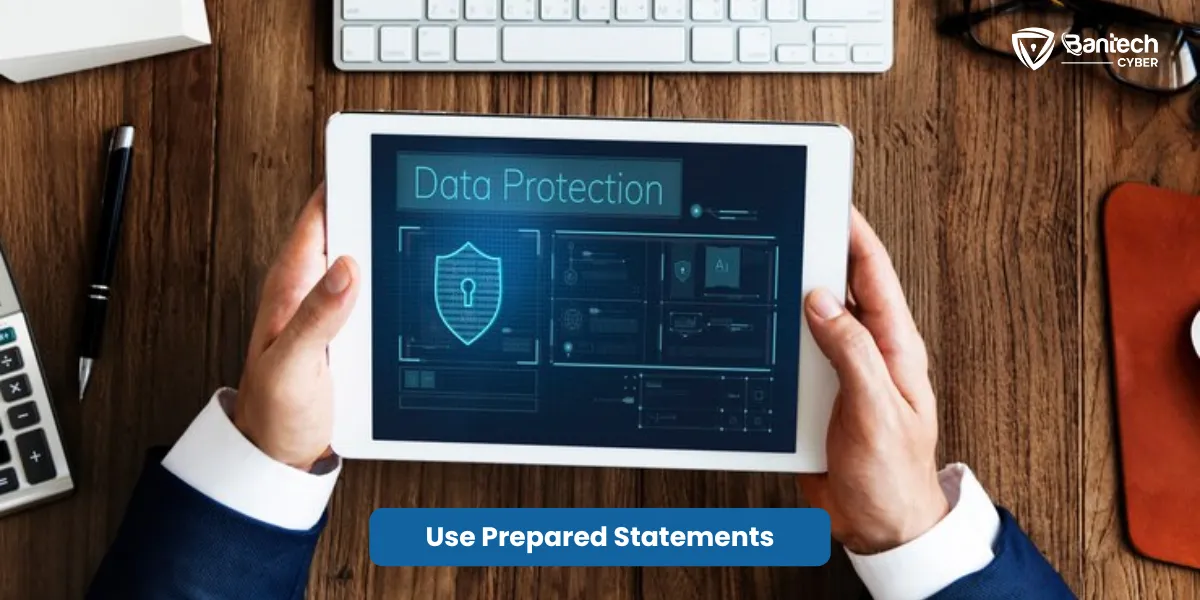
Hackers can steal your personal information and use it for scams.
Here’s how to protect yourself:
- Use Strong, Unique Passwords: Don’t use the same password for every account. Create long and complex passwords using a mix of letters, numbers, and symbols.
- Enable Two-Factor Authentication (2FA): With 2FA, even if someone steals your password, they still need a second code to log in. This adds an extra layer of security.
- Be Careful with Emails and Links: Phishing emails trick you into clicking harmful links. Always double-check emails before opening attachments or clicking on links.
You can check out this insightful blog to learn how to prevent Phishing attacks.
- Avoid Public Wi-Fi for Sensitive Tasks: Don’t access your bank account or enter personal details while on public Wi-Fi networks. Use your phone’s data or a VPN instead.
Example: You receive an email saying you’ve won a prize. The email looks official, but there’s a link asking for your personal details. This could be a phishing attempt, so always verify before responding.
3. Keep Your Devices Updated
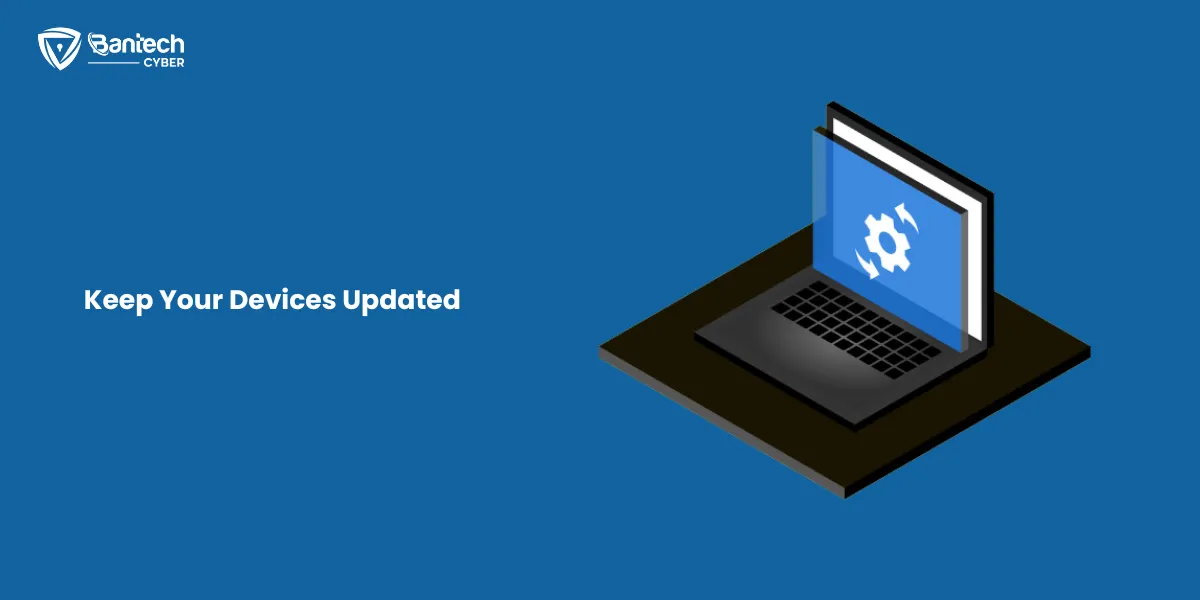
Device updates often include security patches. By ignoring them, you might be leaving your device vulnerable to attacks. Always update:
- Operating System (Windows, macOS, etc.): Updates fix known security vulnerabilities.
- Apps: Apps often release updates to protect against new types of attacks.
- Antivirus Software: Make sure your antivirus is always running the latest version to detect new threats.
4. Use Antivirus and Anti-malware Software
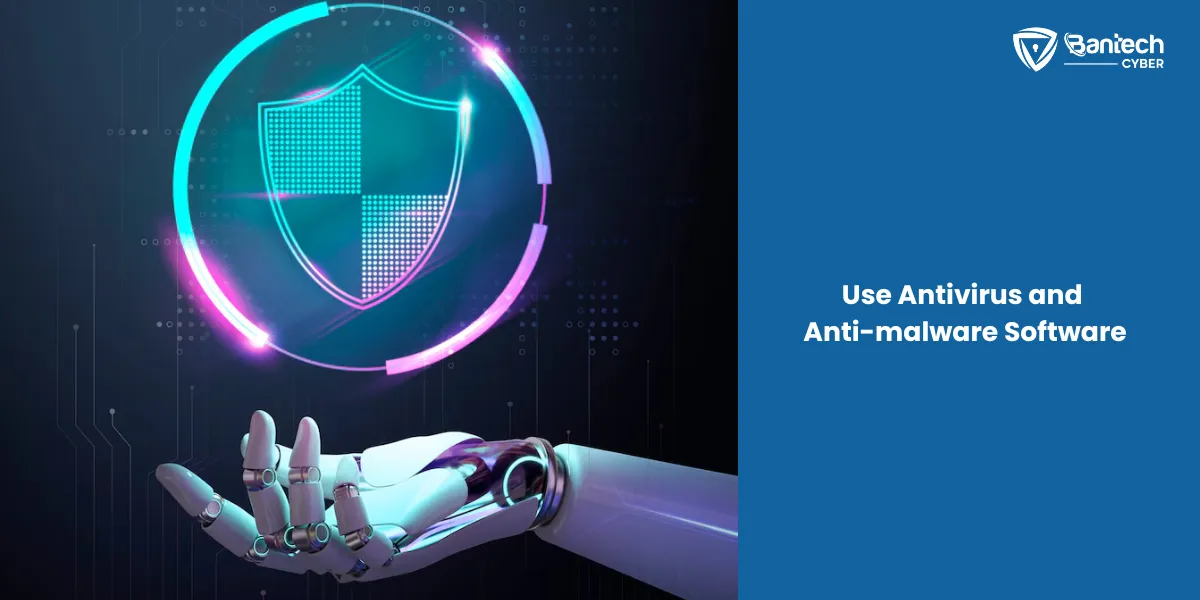
Antivirus software helps you detect and block malicious programs. Regularly scan your devices for threats like malware and viruses. There are many free and paid options available.
Want to learn how to prevent Malware Attacks? Visit our insightful blog now!
5. Backup Your Data
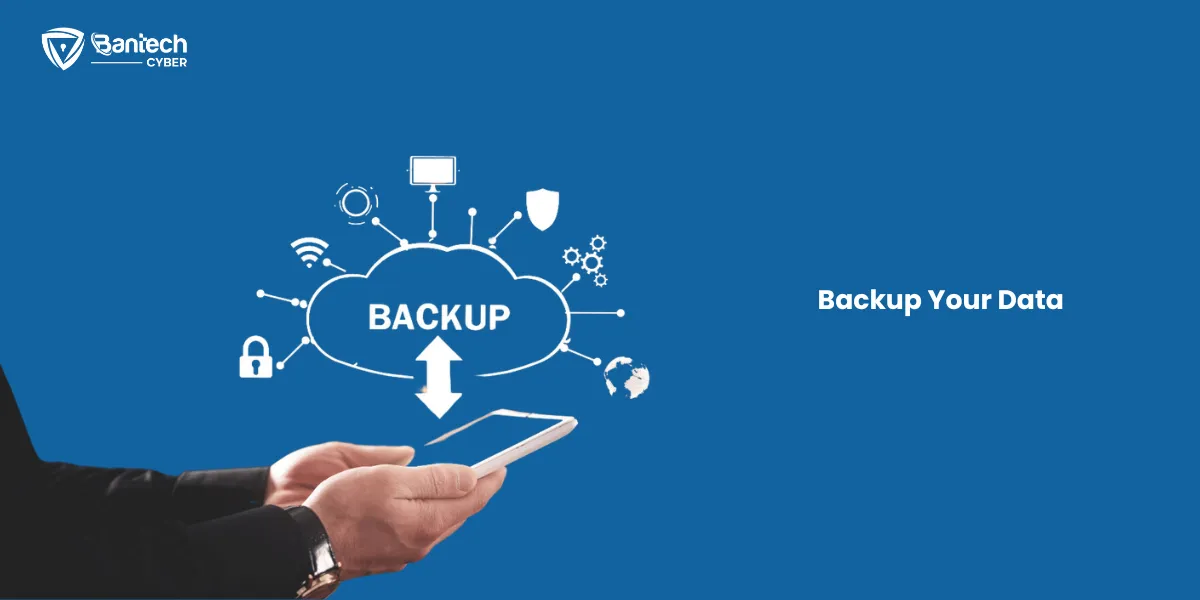
In case of a cyber attack, like ransomware, you might lose your important files. Backing up data ensures you won’t lose everything. You can utilize cloud storage or external hard drives to back up your files regularly.
Example: If your computer gets infected with ransomware, all your files could be locked. But if you’ve backed them up to the cloud, you can restore them without paying a ransom.
At Bantech Cyber, We help protect your business by keeping your data safe with secure backups. Our team ensures quick recovery after any data loss or disaster.
With tailored solutions, we make sure your operations run smoothly, no matter what happens.
6. Be Smart with Social Media

Hackers love to use the personal information people share online.
- Avoid sharing sensitive details like your address, phone number, or vacation plans.
- Adjust privacy settings to control or limit who can view your posts.
- Don’t accept friend requests or messages from strangers.
**Example: If you post that you’re out of town, someone might use that info to target your home or accounts.
7. Monitor Your Accounts Regularly
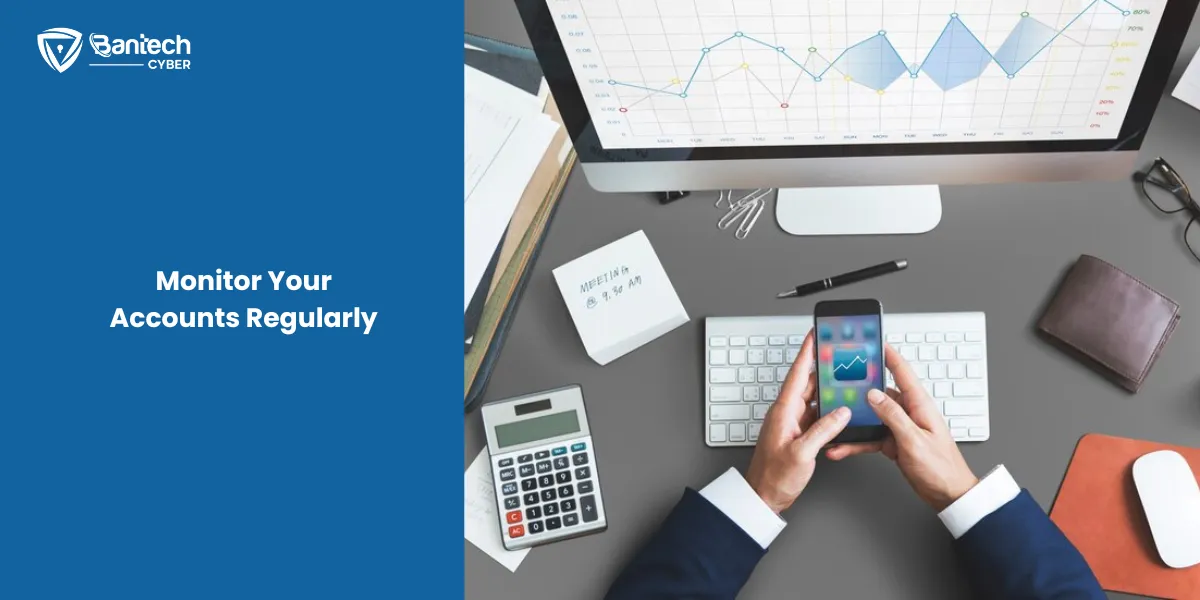
Keep an eye on your bank accounts, email, and social media accounts.
- Check for any suspicious activity, like unknown transactions or login attempts.
- Set up alerts for unusual activity on your accounts.
**Tip: The sooner you spot something wrong, the quicker you can act to fix it.
8. Log Out of Public Devices
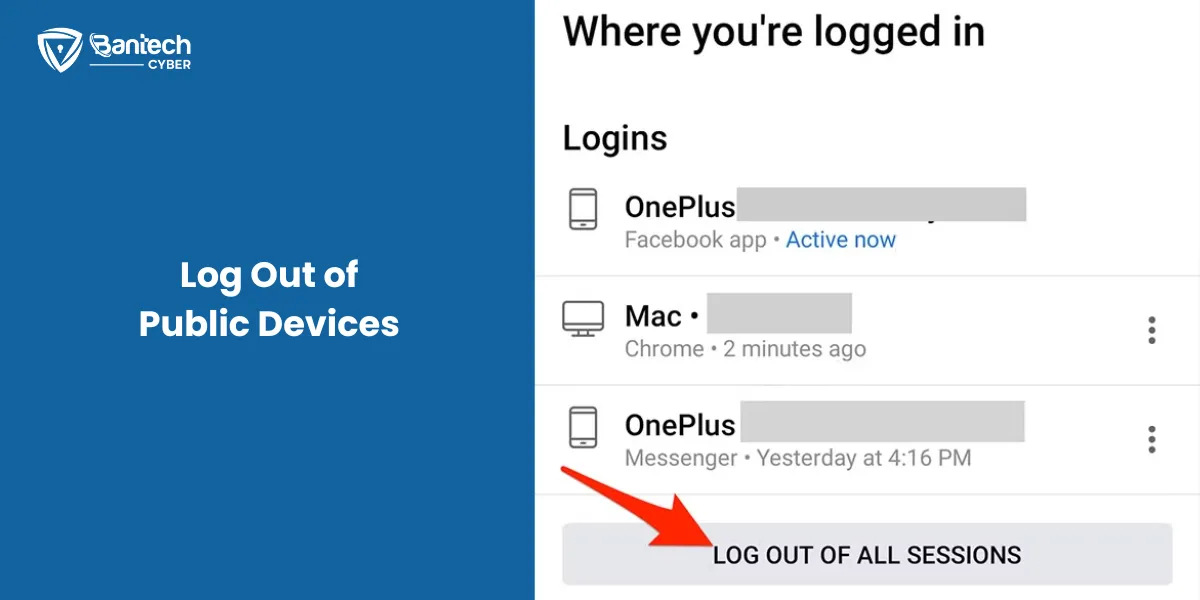
If you use a shared or public computer, always log out of your accounts when you’re done.
- Don’t let browsers save your passwords on public devices.
- Clear the browser’s history and cache after use.
**Example: Leaving your email open on a public computer makes it easy for someone to access your personal info.
9. Be Careful with Downloads
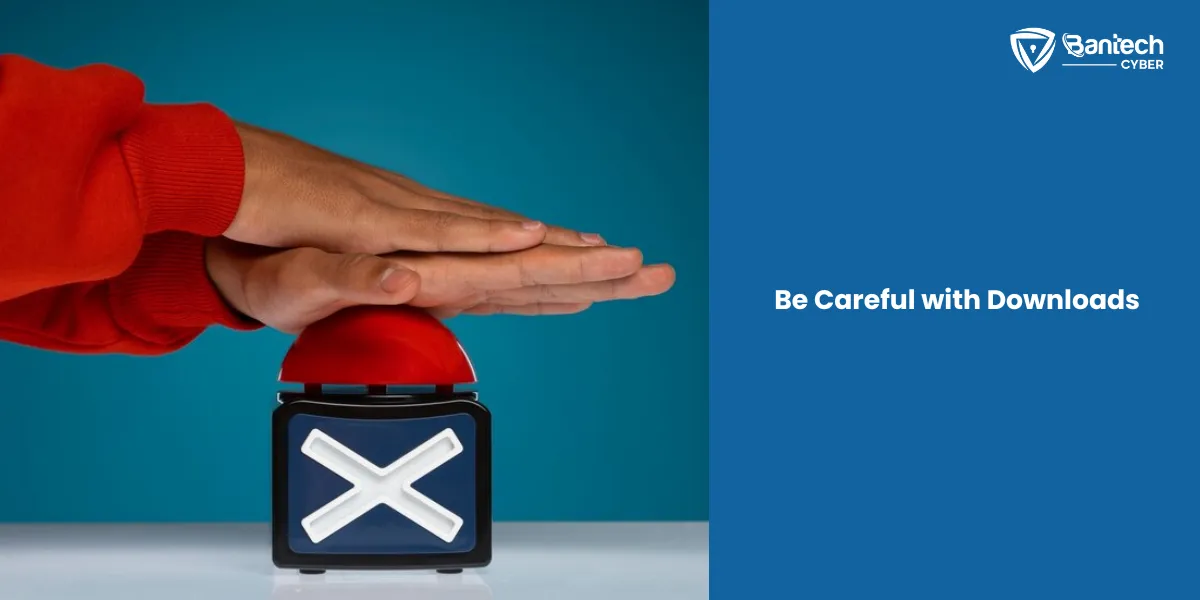
Hackers hide malware in files, apps, and email attachments.
- Download only from trusted websites or official app stores.
- Do not open attachments from unfamiliar email senders.
- Scan your files with robust antivirus software before opening them.
**Example: A fake PDF invoice could contain a virus that infects your device.
10. Secure Your Mobile Devices
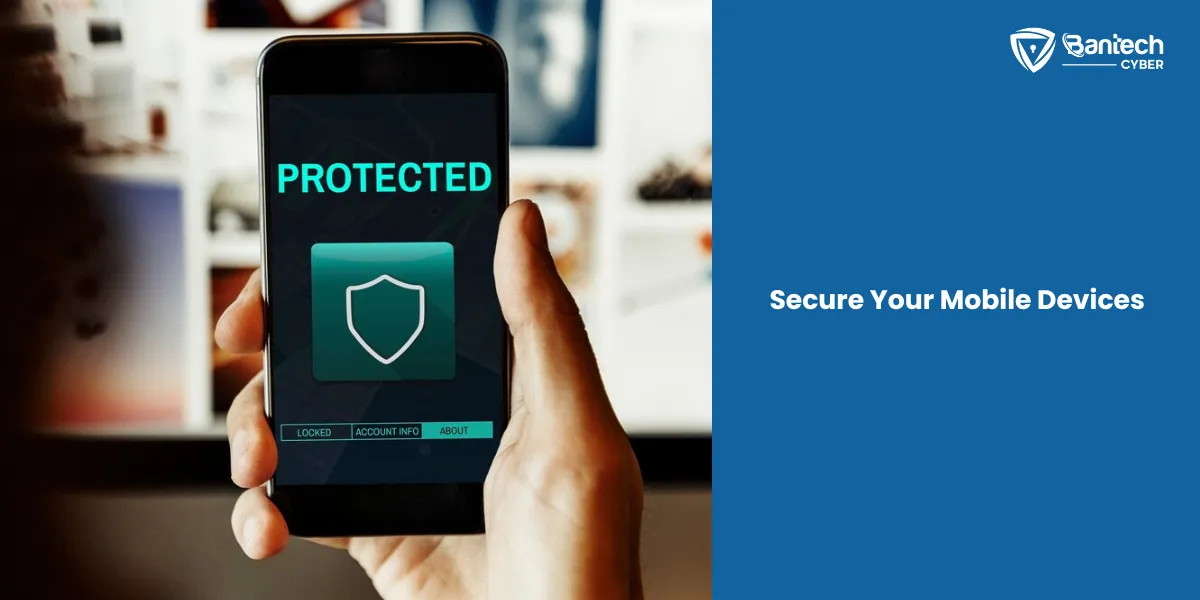
Phones are often targeted because we use them for everything.
- Lock your phone with a PIN, password, or biometric lock (like fingerprints).
- Avoid using public charging stations—hackers can use them to steal data.
- Install apps only from trusted sources.
**Tip: Enable “Find My Device” to lock or wipe your phone if it’s ever lost.
11. Use Email Safely
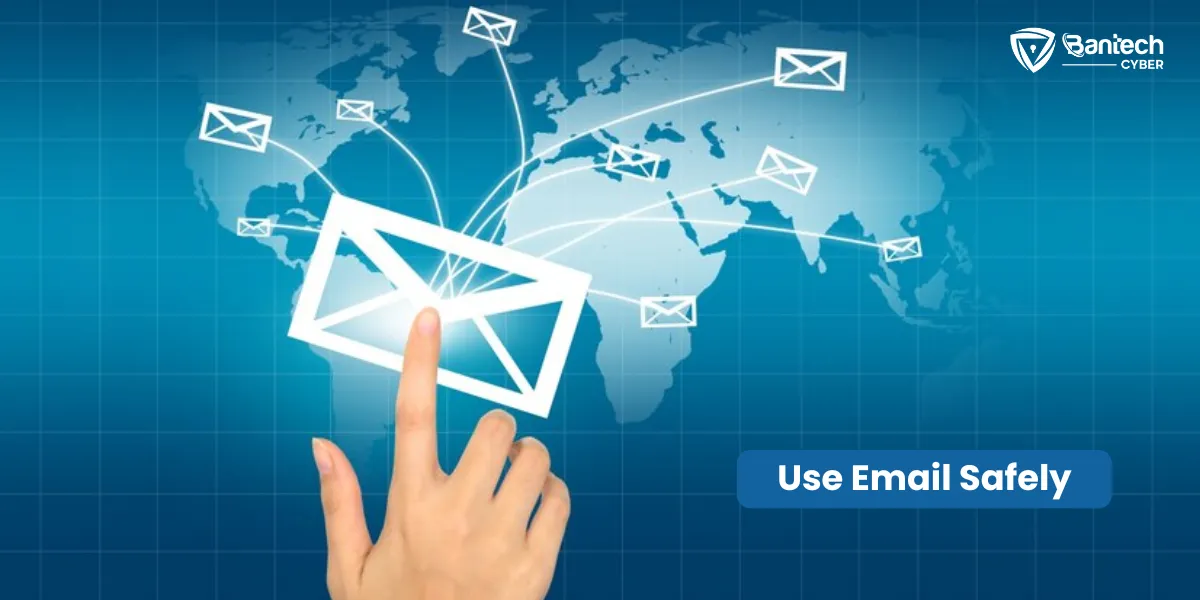
Email is one of the most common ways hackers attack.
- Look for red flags, like emails with spelling errors or urgent requests for money.
- Never click on suspicious/ weird links or reply to emails asking for personal info.
- Use spam filters to block unwanted emails.
**Example: An email saying, “Your account is locked, click here to unlock” is likely a scam.
12. Limit Access to Important Data
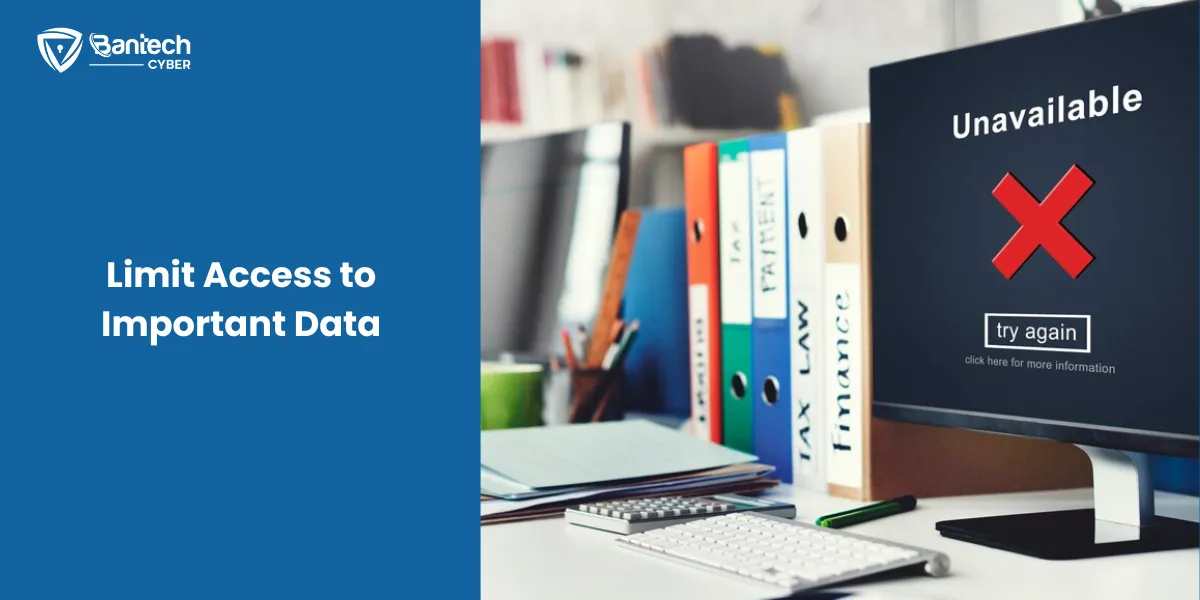
Don’t give everyone access to sensitive information.
- Only share passwords and data with people you trust.
- Use “read-only” access when sharing files.
**Tip: The fewer people who have access, the lower the risk of a breach.
13. Be Wary of Pop-Ups and Ads

Pop-ups and ads can sometimes carry malicious links.
- Use a browser that blocks pop-ups automatically.
- Don’t click on ads that promise free gifts or prizes.
**Example: A pop-up saying “You won an iPhone!” is likely a scam.
14. Secure Your IoT Devices
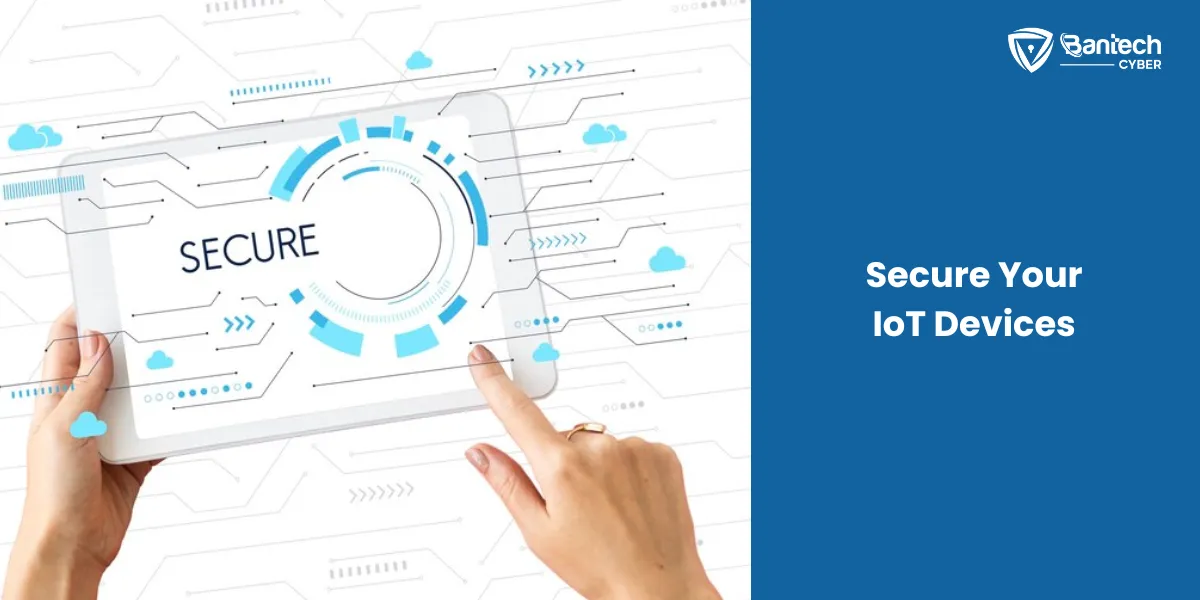
Internet of Things (IoT) devices like smart TVs, cameras, and home assistants can be hacked.
- Change default passwords on all smart devices.
- Turn off features you don’t use, like remote access.
- Update the software on your devices regularly.
**Tip: Unsecured devices can act as a backdoor into your home network.
15. Educate Yourself and Others
The more you know, the better you can protect yourself. Cybercriminals are always coming up with new ways to trick people. Stay informed and share your knowledge with family and friends. It’s important for everyone to be cautious online.
At Bantech Cyber, we protect your business with Managed Cyber Security Services. We provide 24/7 monitoring, fast threat detection, and proactive protection.
Our tailored solutions keep your systems and data safe from cyber threats.
Wrapping Up
Hopefully, you now have a pretty good idea of how to prevent cyber attacks. Cyber attacks are a real danger, but you can protect yourself with the right steps. Secure your home network, keep your personal information safe, and follow good security habits.
Staying safe online is something you need to do all the time. Keep learning, watch out for risks, and act quickly if something seems wrong.
It’s never too late to start! Protect yourself today, and stay safe. 😊
You can visit our detailed and insightful guide to learn all about cyber security.
